April 6, 2001: The day France’s Arnaud Clement defeated Swiss Marc Rosset in a marathon Davis Cup clash
Each day, Tennis Majors takes you back in time to an important moment in the sport’s history. On April 6, 2001, Arnaud Clément defeated Marc Rosset in a Davis Cup epic that lasted almost six hours
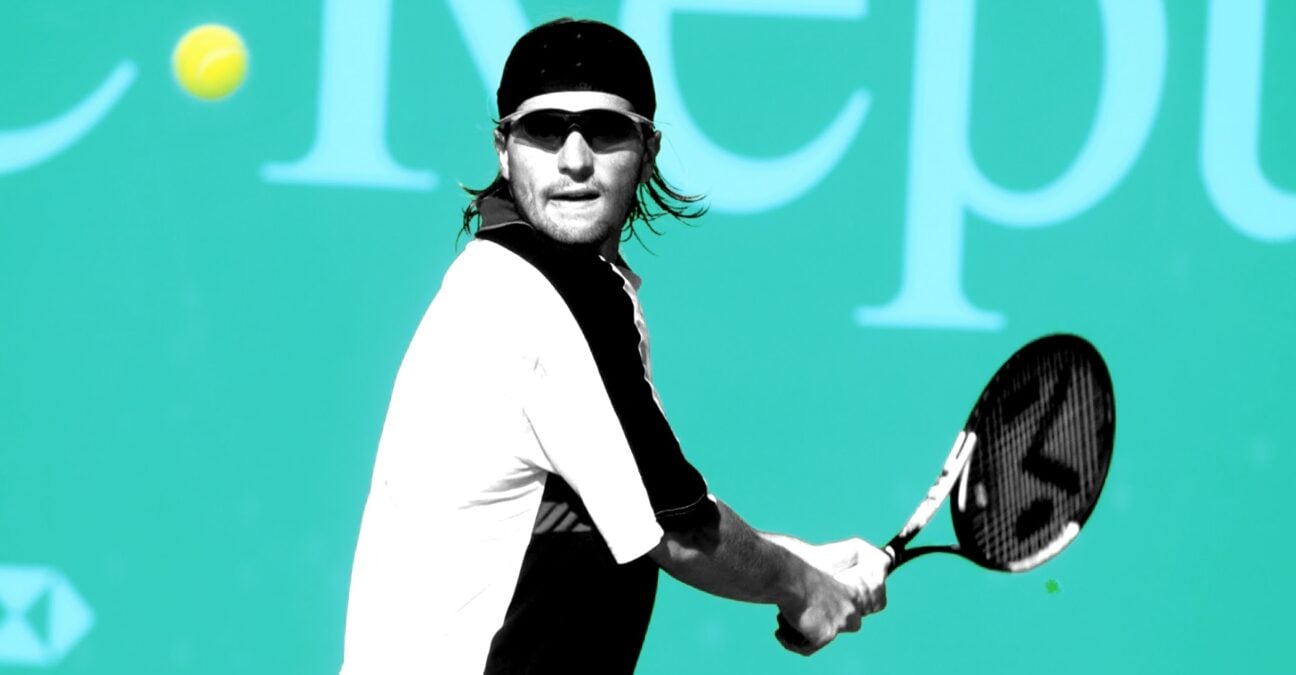 Arnaud Clement
Arnaud Clement
What happened exactly on that day?
On this day, April 6, 2001, in the opening match of the Davis Cup quarter-final tie between Switzerland and France, Arnaud Clement defeated Marc Rosset in one of the longest matches in the tournament’s history since the introduction of the tiebreak to the competition in 1989 – 6-3, 3-6, 7-6, 6-7, 15-13 after five hours and 46 minutes of play. Rosset fired 48 aces and saved eight match points but couldn’t avoid defeat against the Australian Open runner-up.
The players: Arnaud Clement and Marc Rosset
- Arnaud Clement: Stylish Frenchman, solid baseliner
In November, Clement claimed his first ATP title in Lyon, defeating Pat Rafter in the final (7-6, 7-6), two months before finishing runner-up at the 2001 Australian Open, to everyone’s surprise. To qualify for the final, he defeated his long-time friend Sebastien Grosjean in the semi-finals, coming back from two-sets-to-love down and saving two match points (5-7, 2-6, 7-6, 7-5, 6-2). In the final, however, he was swept off the court by Agassi, who avenged his New York loss 6-4, 6-2, 6-2. In April the same year, Clement obtained his highest ranking of world No 10.
Arnaud Clement, born in 1977, turned pro in 1996. He entered the top 100 in 1998, and made himself known to the general public in 1999, when he pushed future champion Andre Agassi to a fifth set in the second round of the French Open. In 2000, after reaching the semi-finals at the Cincinnati Masters 1000 (lost to Thomas Enqvist, 6-2, 6-2) in August, he defeated Agassi, then world No 1, in the second round of the US Open (6-3, 6-2, 6-4), where he went as far as the quarter-finals (lost to Lleyton Hewitt 6-4, 6-2, 6-3).
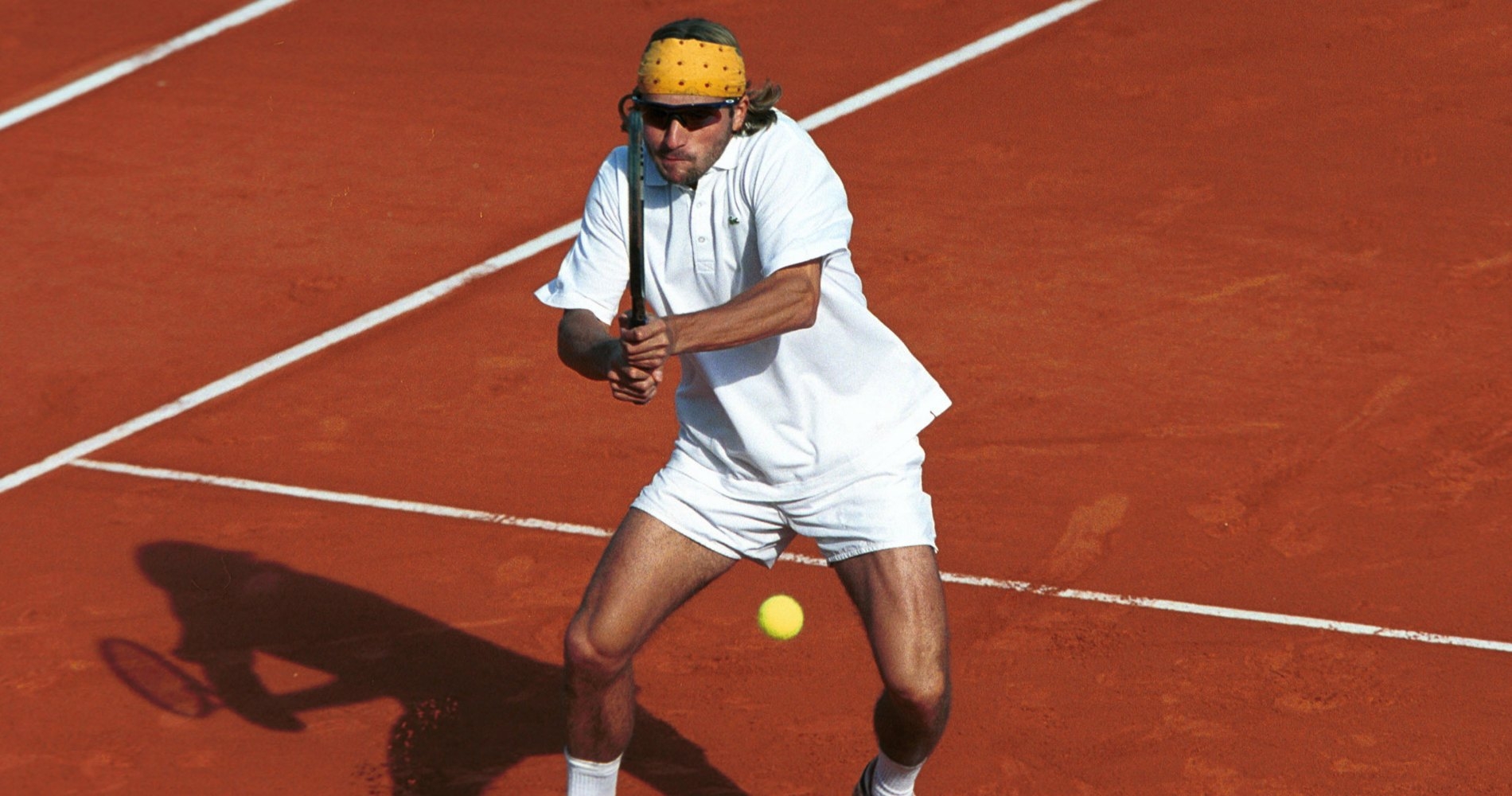
- Marc Rosset: Big-serving Swiss, former Olympic champion
Marc Rosset, from Switzerland, was born in 1970. The 6ft 7in Swiss was the tallest professional player of his time; hence it was no surprise that his game mostly relied on a massive serve and a very aggressive game style. Rosset, who turned pro in 1988, claimed the first of his 15 titles in his hometown of Geneva, in 1989 (defeating Guillermo Perez-Roldan in the final, 6-4 7-5). In 1992, he clinched the most important title of his career, claiming the Olympic gold in Barcelona, where he defeated the world No 1 Jim Courier in the round of 16 before beating Jordi Arrese in the final (7-6, 6-4, 3-6, 4-6, 8-6).
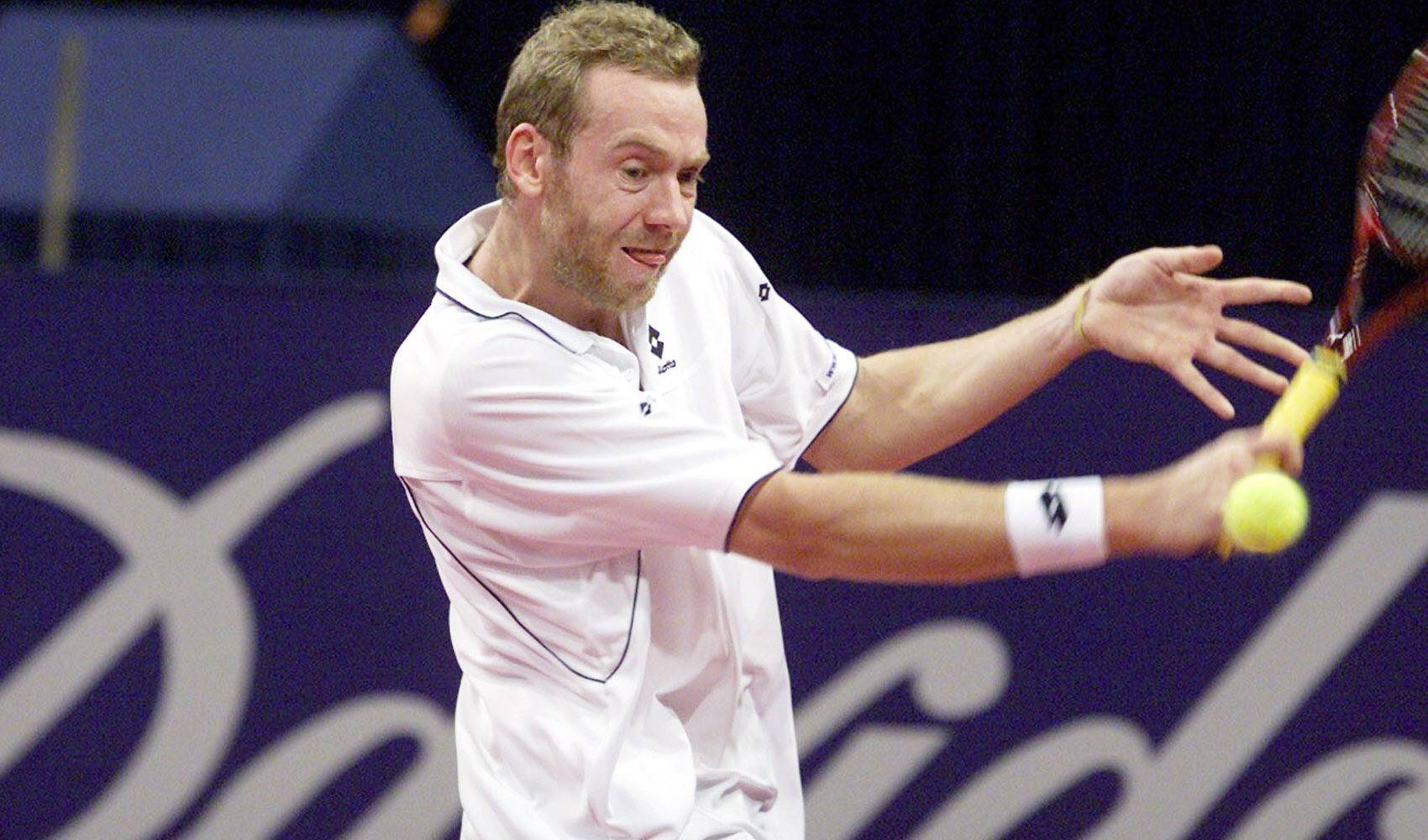
Rosset reached a career-high ranking of world No 9 in 1995 and his best Grand Slam result at the time was a semi-final reached at the 1996 French Open (eliminated by Michael Stich 6-3, 6-4, 6-2). He finished the 2000 season as world No 28 after having notably won the AXA Cup in London (defeating Yevgeny Kafelnikov in the final, 6-4, 6-4), but didn’t play well in the first months of 2001. By April, his ranking had already dropped down to world No 62.
The place: Neuchatel, Switzerland
The 2001 Davis Cup first-round tie between Switzerland and France was held on indoor hard courts in Neuchatel, not far from Roger Federer’s hometown of Basel.
The facts: Clement wins after 5-hour 46-minute marathon
On April 6, 2001, the opening rubber of the Davis Cup quarter-final tie against Switzerland and France saw two players at very different stages of their careers facing each other. The 23-year-old Frenchman, Arnaud Clement, was at the peak of his form. A few months before, he had claimed his first ATP title, and in January, he had made an amazing run into the Australian Open final. As a consequence, he now held the highest ranking of his career as world No 10.
On the other hand, 30-year-old Marc Rosset, the 1992 Olympic champion, hadn’t won two consecutive matches since the start of the season, and when he arrived in Neuchatel, he had lost in the first round of the last three tournaments he had played. He was now ranked No 62 in the world, after having been a part of the top 50 without an interruption from 1992 to 2000. However, his captain, Jakob Hlasek, chose him over George Bastl to play the opening match against Clement, despite the fact that he had lost against him in Rotterdam, hoping that the Swiss giant would rise to the occasion.
Rosset started slowly, and Clement made an early break, taking the first set, 6-3, but in the second set, the Swiss sharpened his serve and leveled the game (6-3). The third and fourth set went into a tiebreak, with each player taking one to set up a deciding fifth set.
In a dramatic twist, Rosset managed to claw his way back from 4-0 down and turn the fifth set into a marathon. 4-4, 5-5, 6-6… At 9-9, Clement missed his first match points. At 11-11, the Frenchman made three double faults, allowing Rosset to serve for the match, but his serve failed him at the most important moment. At 14-13, the Swiss heroically saved two more match points, but after five hours and 46 minutes of play, Clement finally prevailed 6-3, 3-6, 7-6, 6-7, 15-13.
The Swiss, who had fired 48 aces, lamented the high number of double-faults he made (between 19 and 30, depending on different sources). Extremely disappointed, he didn’t want to reflect on his performance and, just after the match, simply said that he wanted to “throw himself in the lake.” The high level of tennis displayed was still not satisfying enough for Rosset.
“But I lost… again,” he said. “I can’t be satisfied with defeat, even if they tell me I played well. And besides, if I had really played well, I would have won.”
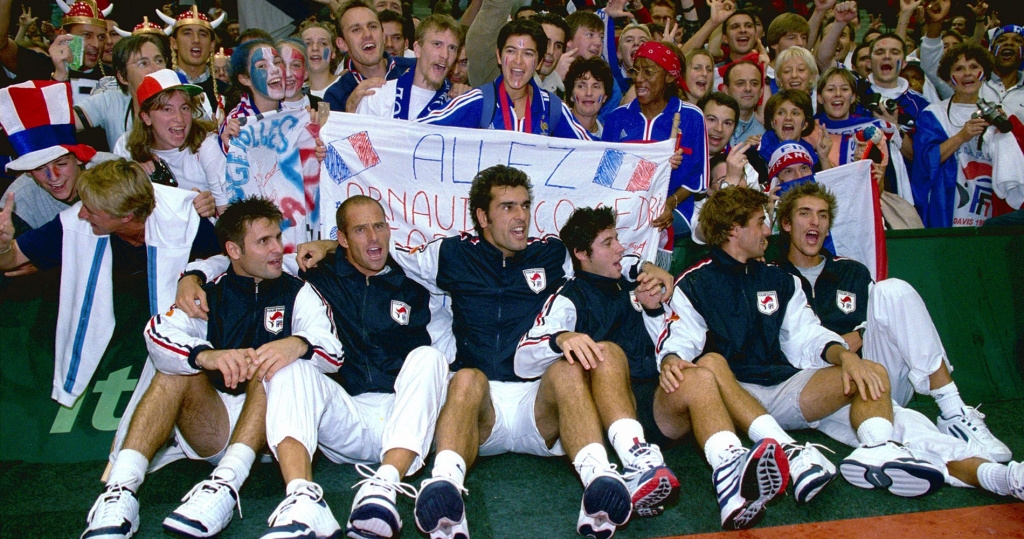
What next? France go all way to Davis Cup title
Later that day, Nicolas Escude would give France a 2-0 lead by defeating 19-year-old Roger Federer, whose antagonism with Jakob Hlasek peaked on that day and delivered a poor performance (6-4, 6-7, 6-3, 6-4). However, the Swiss team would then win the doubles, and on the last day Federer would defeat Clement 6-4, 3-6, 7-6, 6-4. In the deciding match, Escude would win another marathon to edge George Bastl 1-6, 7-5, 6-7, 6-4, 8-6.
This close victory was the first step of a victorious campaign for the French team: in December, Escude defeated Lleyton Hewitt and Wayne Arthurs on grass in Australia to lead France to its first Davis Cup triumph in five years.
Arnaud Clement would not remain very long in the top 10. However, he would remain a solid top 50 player. In 2004, he would play the longest match in Roland-Garros history, a six-hour and 33-minute marathon lost against Fabrice Santoro (6-4, 6-3, 6-7, 3-6, 16-14).
Marc Rosset would never reach the final of an ATP tournament again. He would leave the top 100 at the end of 2001 and, after five years of struggle, he would retire from the game in October 2005.









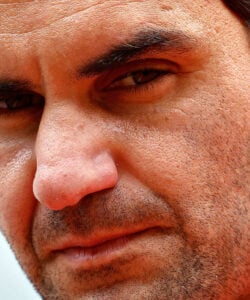


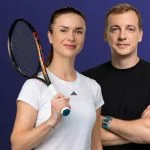
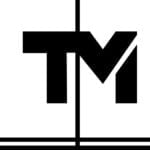
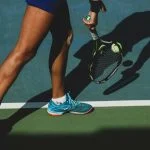



Enjoyed looking through this, very good stuff, regards.
I precisely wished to thank you very much yet again. I do not know the things that I might have achieved in the absence of these pointers revealed by you over this area. Entirely was a very scary problem for me personally, however , looking at your professional way you dealt with that took me to leap over delight. I am just thankful for this assistance and in addition sincerely hope you comprehend what a great job you are always providing educating people today via your websites. I am sure you’ve never met all of us.